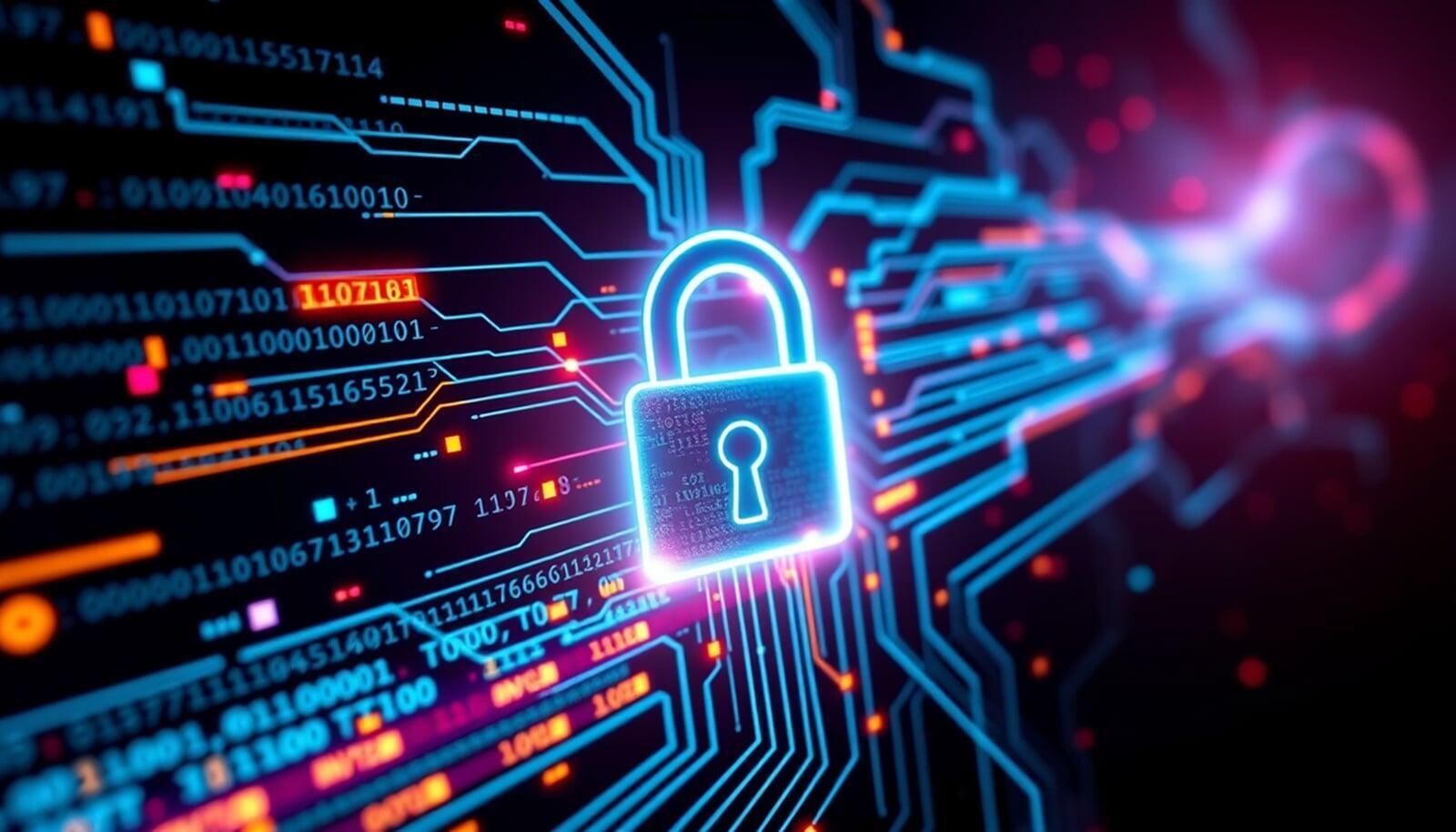
Understanding Encryption: A Guide to Securing Your Data
Encryption is a method used to protect your information. It transforms readable data into a secret code, making it unreadable to unauthorized users. At Cascade IT Services in Bend, Central Oregon, we specialize in helping businesses and individuals understand and implement strong encryption practices to enhance digital security.
What is Encryption?
Encryption is like a secret language that turns regular text into unreadable text, known as ciphertext. Only the correct key can decode it back into normal text, called plaintext. This method ensures that sensitive information stays secure during transmission or storage.
Why Do We Use Encryption?
We use encryption to safeguard our data and privacy. It keeps our information secure from hackers and other unauthorized entities. In today’s digital world, encryption is a vital tool for protecting personal, financial, and confidential information.
How Does Encryption Work?
Encryption relies on algorithms and keys. An algorithm is a set of rules or instructions for transforming readable data into encrypted data. A key, which acts like a password, is required to unlock the encrypted message and return it to its original form.
Symmetric vs Asymmetric Encryption
There are two primary types of encryption: symmetric and asymmetric.
- Symmetric encryption uses the same key for both encryption and decryption. The key must be shared between the sender and the receiver. While it is faster, it’s less secure if the key is intercepted.
- Asymmetric encryption uses two keys: a public key and a private key. The public key is used for encryption, while the private key is used for decryption. This method is more secure because only the private key can unlock the encrypted message.
What Are Some Common Encryption Methods?
There are several encryption methods in use today, each with its strengths. Here are some of the most common ones:
- AES (Advanced Encryption Standard) : AES is one of the most secure encryption methods and is widely used. As a symmetric encryption algorithm, AES can use 128, 192, or 256-bit keys. The longer the key, the more difficult it is to break.
- RSA (Rivest-Shamir-Adleman): RSA is an asymmetric encryption method that uses both a public key and a private key. RSA is widely used in securing sensitive data and is commonly used in SSL/TLS protocols for secure internet communication.
- DES (Data Encryption Standard): DES was a popular symmetric encryption algorithm, but due to its 56-bit key, it is now considered weak. AES has mostly replaced DES in modern systems due to its higher security.
- ECC (Elliptic Curve Cryptography): ECC is an asymmetric encryption method that offers strong security with smaller key sizes. It is widely used in mobile devices and applications due to its efficiency and lower computational requirements.
How Do We Use Encryption in Everyday Life?
Encryption plays a crucial role in securing various aspects of our daily digital interactions.
- Online Shopping: When making online purchases, your credit card information is encrypted to protect it from hackers. This ensures that your sensitive data remains secure during the transaction.
- Messaging Apps: Popular messaging apps like WhatsApp use end-to-end encryption, meaning that only you and the recipient can read the messages, even if intercepted by others.
- Email Security: Many email services implement encryption to protect the contents of your emails from unauthorized access, safeguarding your private conversations.
What Are the Challenges of Encryption?
While encryption provides strong protection, it does come with its challenges.
- Key Management: Proper key management is crucial for encryption to be effective. If a key is lost or compromised, it could lead to the loss of access to encrypted data.
- Performance Issues: Encryption requires processing power, and in some cases, it can slow down systems. This can be an issue, especially with large-scale encryption of data.
How Can You Stay Safe with Encryption?
Here are a few best practices for using encryption to protect your data effectively:
- Use Strong Passwords: Always use strong, unique passwords for your accounts and devices. A complex password makes it much more difficult for hackers to gain unauthorized access.
- Keep Software Up-to-Date: Regularly update your encryption software and other security tools to ensure they are up-to-date with the latest security patches.
- Use Caution with Public Wi-Fi: Avoid performing sensitive transactions over public Wi-Fi networks unless you can encrypt your connection using a Virtual Private Network (VPN). Public Wi-Fi can be a potential security risk.
Ready to Secure Your Data?
Encryption is a powerful tool for protecting your personal information and securing online communications. By understanding the different encryption methods, you can choose the best approach to safeguard your sensitive data.
If you need assistance with setting up encryption for your business or personal use, contact us Cascade IT Services in Bend, Central Oregon is here to help. Our team is dedicated to providing you with the best solutions for securing your digital assets.
Disclaimer: The information provided in this article is for general informational purposes only. Cascade IT Services does not assume responsibility for any actions taken based on the content of this article. For tailored cybersecurity advice and encryption implementation, we recommend consulting with a professional.

